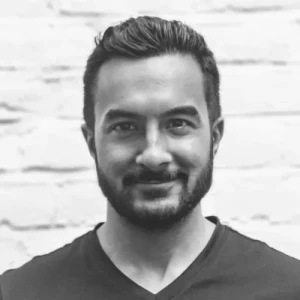Dear Community,
I have been practicing for the last 2 months and plan to practice for several other months (interviewing early 2021).
I plan to take a 2 weeks-1 month "break"
1. What activities do I need to do during the break so I wont forget my casing skills ?
2.What are the forms of increasing case performance while not practicing or drillling structure ?
Thank you.


